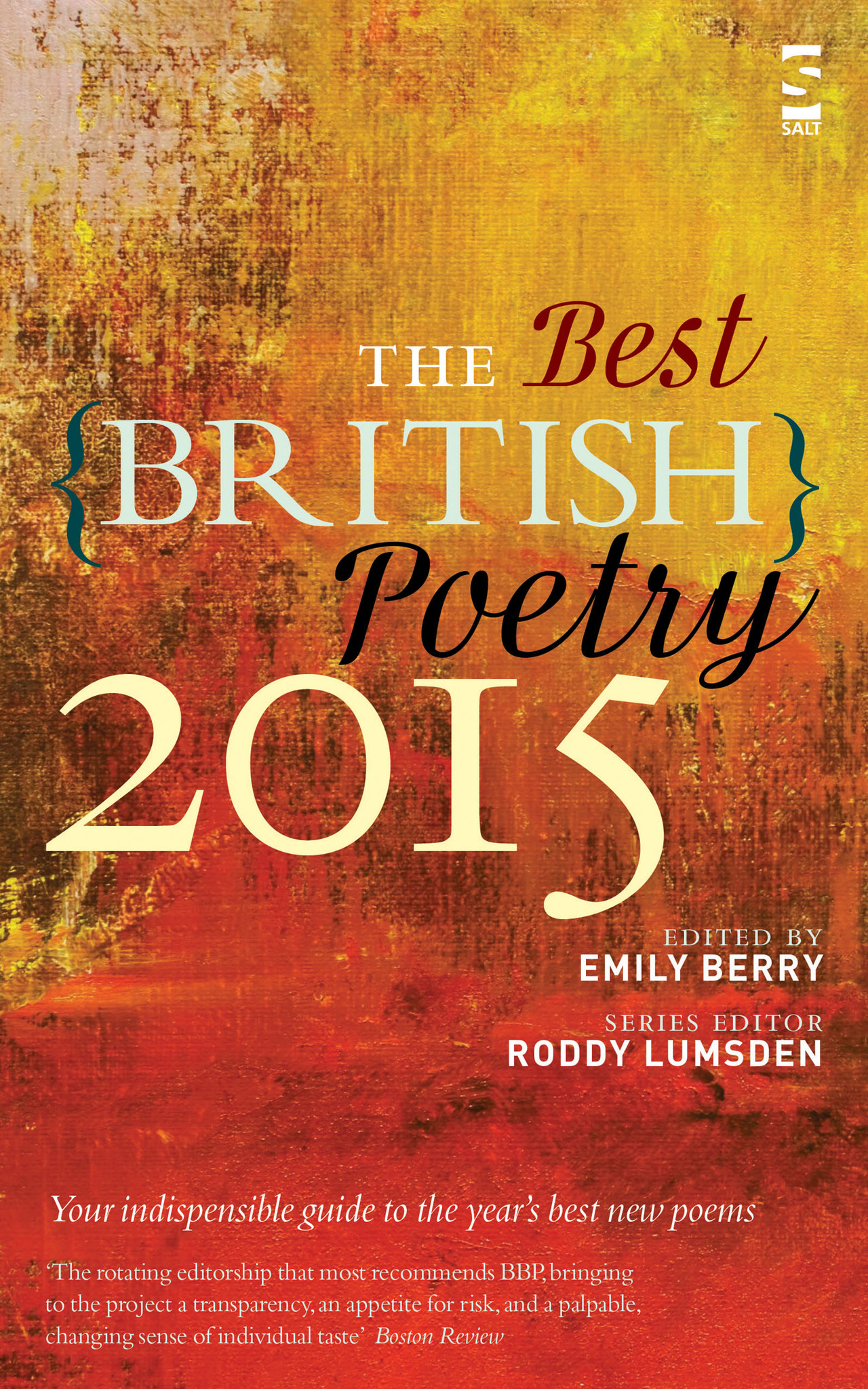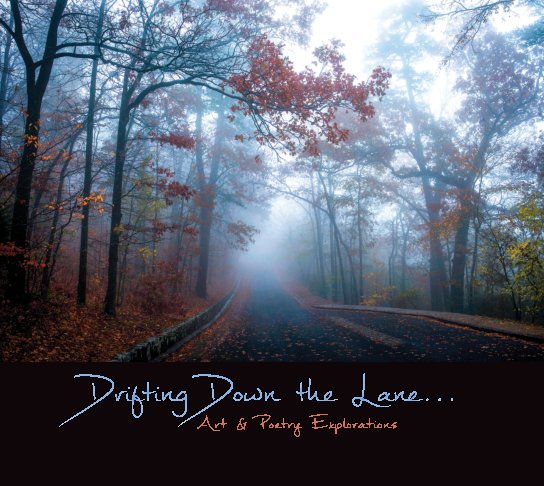An Interview with the Editors of ‘Catechism: Poems for Pussy Riot’. Part 2.
-In Virtual Conversation with Claire Trévien–
A three way interview with the editors of the print and ebook anthology Catechism: Poem for Pussy Riot: Sophie Mayer, Sarah Crewe and Mark Burnhope. The poems, were translated into Russian in collaboration with PEN and sent to the band. All funds raised by the anthology go towards Pussy Riot’s legal fund and PEN’s Writers at Risk programme. This is part 2 of our interview with them (part 1 can be found here).
4) Many of the poems generated by this project reclaim or play in some way (ooh-er) with the word Pussy, including yours Sophie and Mark. How do you situate the poem within your wider body of work, is it a natural extension of your interests? Or did you find it surprisingly tricky in some way?
Mark Burnhope: For a split second, I hesitated about using the word ‘vagina’ in a poem. But then I laughed at myself for being a pussy, and all was right in the world. Of course, if anything is right in the world, it’s because of vaginas. They are why we exist. The vagina is a symbol not just of womanhood, but of all life. Patriarchal organised religion is embarrassed about that, but human cultures, folk religions, never have been. Vagina is why I am here, in the world. My mother is the reason I was able to go from disabled baby to teenager to out-and-proud-‘crip’ adult. The vagina is a symbol for everything, any kind of path, including the spiritual. But because it’s embodied, steeped in feminine physicality, it – like nearly everything feminine – has somehow been ransacked, made morally and socially dirty. I enjoy playing with stuff like that in my poems, and I loved watching others do it here.
Sophie Mayer: Lots of poems took on the word ‘pussy,’ and its association of the female genitals with an animal (at once infantile and bestial), while others addressed the words ‘vagina’ (like mine) or ‘cunt.’ As editors, we found ourselves fascinated by the power of cat imagery in contemporary culture; from Aslan to Cheetara to LOLcats to Cat Power (in Amy Key’s brilliant response to the project), there’s such a range of feline associations – and those became part of the bold, funny, angry aspect of ‘pussy,’ as opposed to it being a derogatory term. It wasn’t a straightforward reclamation/re-visioning – it was more kittenish and playful than that.
I’ve described ‘Vagina’ as a feminist Dr. Who episode, a way of engaging (as Sophie Robinson’s ‘Free Pussy’) does, with patriarchal culture’s fear of female genitals as this powerful, alien Other. Lots of science fiction is nakedly, if unintentionally Freudian, with its thrusting rocket ships ‘penetrating’ deep space; so the poem says ‘what if outer space and/or an alien race were a vagina?’. I wrote it standing at the back of a Donut Press reading, partially inspired by Matthew Caley quoting the line from Julia Kristeva that’s in the poem. Lots have magazines have turned it down…
Sarah Crewe: A natural extension of my interests covers it perfectly. And actually, it’s been liberating. I would never have used a word like vulva previously, whereas after this project, i’ve found myself far more engaged with body politic in gender issues. Why is society so fearful of talking about vaginas?
5) Following on from that, were you surprised by some of the poems other poets sent to you?
SM: I was surprised by all of the poems! By the fact that there were any at all. And then by the volume, the variety, the swiftness with which they arrived. By the way that many poets found to be political without being didactic, to be wild and free in their language without being offensive. Several poets remarked, when they sent in poems, that they’d been surprised by their poem – that they’d found a new form, subject, voice or method in writing it, that the project had opened some wellspring or given them permission to speak in a particularly energised, open, intense way.
I was surprised to discover just how strong a spectrum of feminist voices there is in UK and Irish poetry at the moment – it’s totally decentralised; there’s no one magazine, anthology or festival that represents it, and it’s rarely talked about. So it was a delight to discover that it was out there, across emerging and established poets. And that it’s very rich and multifarious, and confident.
SC: The variety both surprised and delighted me. I can’t say any of it shocked me, but seeing how other people responded to the subject matter was just a fantastic project to be a part of.
MB: Yes and no. I was surprised at the sheer volume of stuff sent to us. If by ‘surprised’ you mean shocked, then no. I told myself from the outset that I wasn’t going to be offended. It wasn’t my place to get offended. If I was offended by anything well put, whatever it was, I was the problem. I hoped people would send us a massive range of beauty and debauchery, quietness and rage, seriousness and silliness (that was the kind of book this needed to be: serious writing dressed in a neon balaclava). And they did.
6) Another route poets went down is through music, and I love the layering of sounds in your poem Sarah. I’ll confess that I did not know about Sheela na gigs before reading it, how did the poem impose itself on you?
SC: Thanks so much Claire! I have to say, it’s the most sound based poem I’ve ever done. Curiously I’d been meaning to write about Sheela na gigs for several months but was unsure how to find a way in (insert chuckle here). I was also familiar with the fabulous PJ Harvey song. Then this came up, and I thought it was perfect. The fact it starts with a “she” noise made me want to take it apart and work with each sound from a feminist perspective.
SM: Sarah’s poem, Adrian Slatcher’s Huggy Bear poem, Alison Croggon’s poem (which is a dance), Amy Key’s Cat Power poem, Wayne Burrows’ translation of a Czech pop song, Phill Jupitus’ band name puns: lots of the poems paid tribute to Pussy Riot’s choice of punk-pop as a vehicle for their political expressions.
There’s something too – very much present in the sheela-na-gig and Sarah’s poem – about the dangerous association of women with sound and music: the Sirens, the seductive and emotive qualities of music. If language is supposed to communicate stable, singular sense, then sound derails that suggestively, sets up secondary meanings and associations, subvocalic echoes, makes language sing – which undermines its legislative and executive power. So to make much of the music of language is to contest its use in sentencing and law-making, its rigid legalities.
7) Finally, what do you hope Catechism will achieve?
SM: Catechism’s being published for free (although donations are very welcome, to be divided equally between the Pussy Riot legal fund and English PEN Writers at Risk) under a Creative Commons license, to which all the contributors have consented: that means the book and its contents can be shared, remixed, translated, and reposted. One conversation on Facebook became, via social media, a project with nearly 150 people involved in it, internationally, in just under three weeks. Retweeting a poem may not make legislative change in Russia: but it is part of a wider spectrum of actions that are taking place to support Pussy Riot. We hope, on the one hand, that the anthology directs attention to the case, and – by being funny and smart and sexy – gets noticed where a news article might not. We also hope that the poems reach the band (we’re sending them by as many routes as we can), and make some small difference to them: to know that there are people, all over the world, thinking of them and praying for them, and carrying forward their commitment to freedom of expression and liberation politics.
The anthology has also begun to do something: to make connections, between the poets involved, between poets and translators, and between poets and English PEN. There’s an incredible sense of focus, determination and generosity that I don’t think any of us knew was out there in this way: either so widespread or so organisable. Further projects, campaigns, protests, conversations, actions and poems are going to emerge from the whirl that is Catechism, extended further as new readers get involved. Each tiny step of speaking more freely, of making an alliance, of saying ‘yes’ to a bold protest against power, brings us closer to the world that Pussy Riot envision in their actions, as a band and as part of the radical art group Voina. Another world is possible: Catechism imagines that world in its words, but was also made by us working as if that world existed.
MB: For me, the most exciting thing about the project hasn’t changed: with any luck, the members of Pussy Riot are going to know we stand with them. Poetry is being put to great use here, to build positive bridges, tear down harmful ones. Obviously it will be nice if everyone thinks everything in Catechism works as poetry in itself, but the goal is bigger. At the end of the day, nothing works in or by itself. Everything is connected. If readers grasp that afresh, or again, Catechism has done its job.
SC: Awareness, largely of how very wrong it is that these women are being held behind bars. I hope it invites people to consider freedom of expression, and to be outraged at how it has been denied in this case. I also hope it achieves what it has done for me. I have never felt so engaged with feminism as a political cause, and I firmly believe the time is now, it needs to be out there. Pussy isn’t a dirty word. Neither is feminism and I don’t want to see either brushed under the carpet for any longer.
I also hope it draws more attention to the work of PEN, who are just a fantastic organisation who work hard for writers who don’t enjoy the level of freedom that we do here.
On a personal level, I’d just love it to bring smiles to the faces of three women who have suffered so much this year. The thought of Nadezhda Tolokonnikova, Maria Alyokhina and Yekaterina Samutsevich reading just how much people care is extremely humbling to me.





Reblogged this on Fox Chase Review.
Pingback: ‘Catechism: Poems for Pussy Riot’ edited by Mark Burnhope, Sarah Crewe & Sophie Mayer « Sabotage